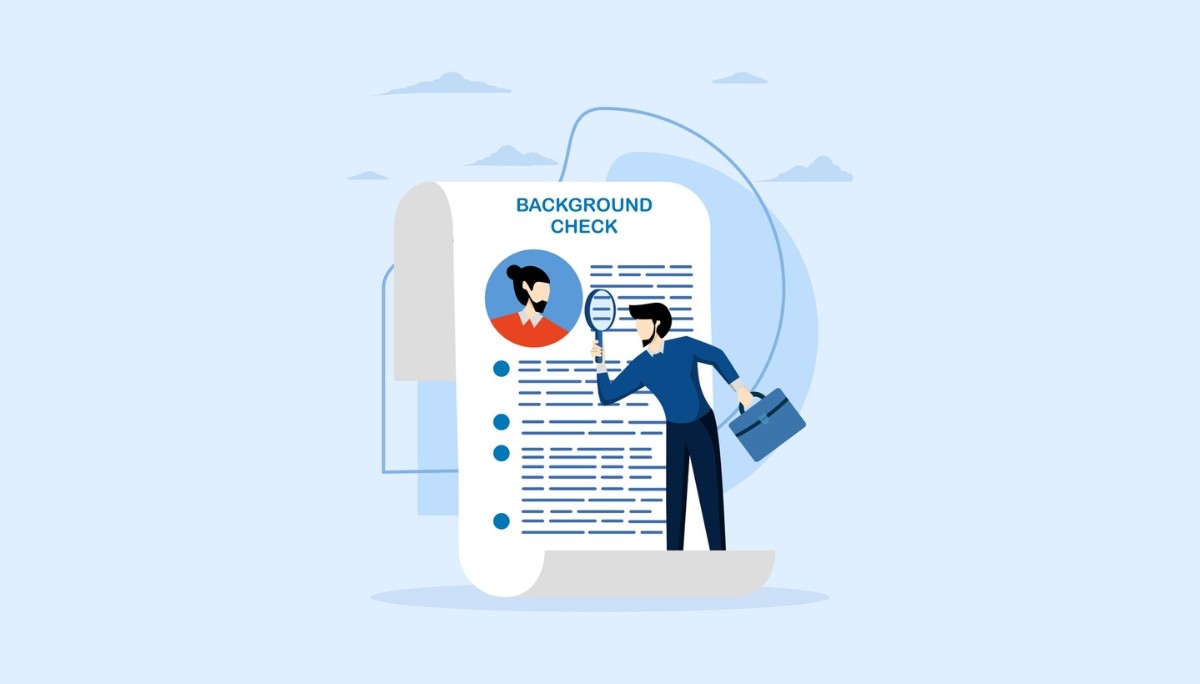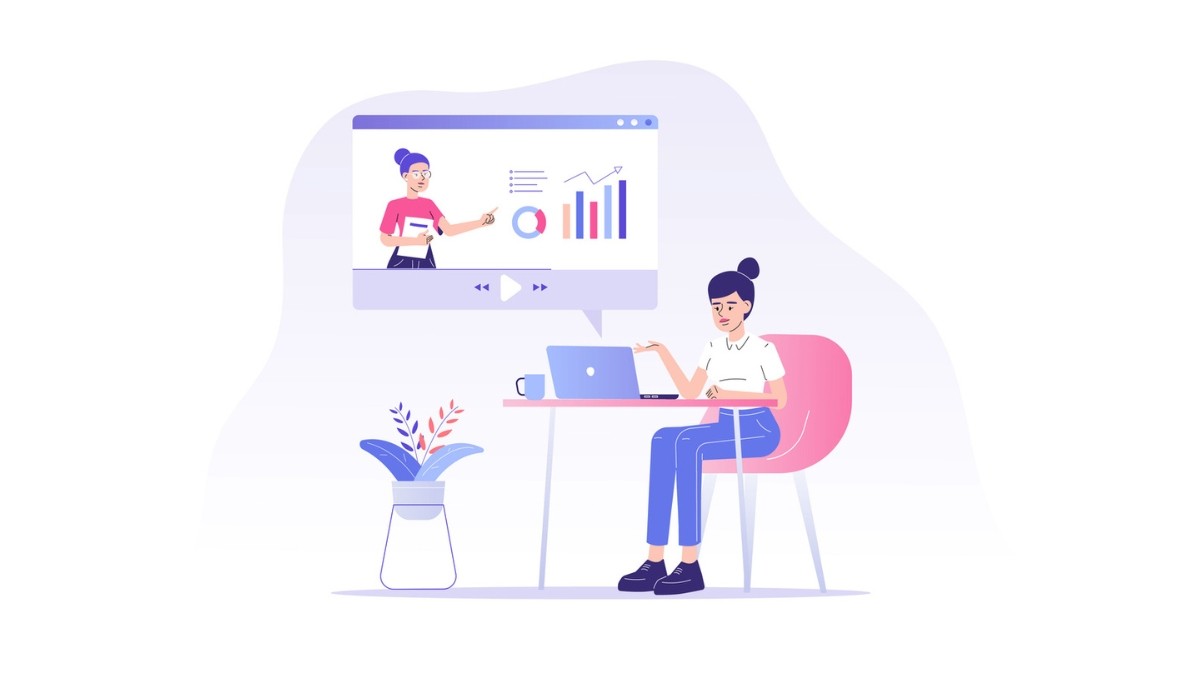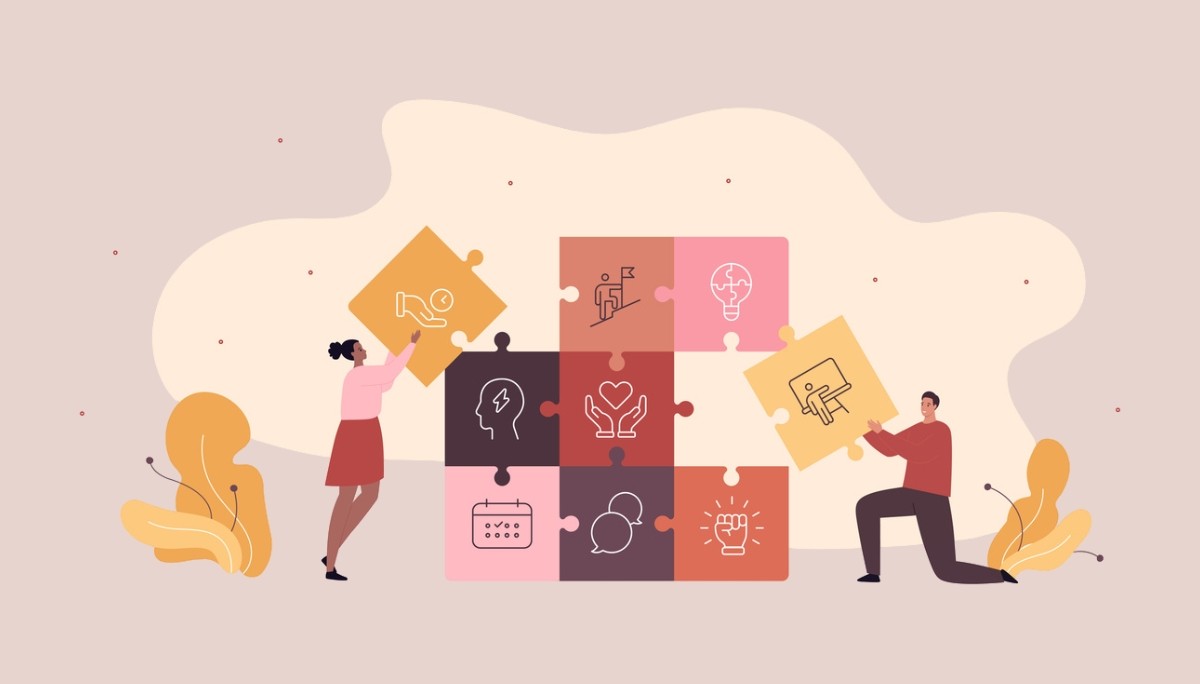DEI Hiring Best Practices, How It Works & Common Misconceptions
By
Liz Fujiwara
•
Oct 29, 2025
A DEI hire refers to the process of recruiting individuals from diverse backgrounds to promote Diversity, Equity, and Inclusion (DEI) within an organization. By prioritizing DEI in hiring, companies can cultivate a more innovative, empathetic, and high-performing workplace culture.
In today’s global business environment, DEI hiring is not just a moral responsibility but also a strategic advantage. Organizations that embrace diversity tend to have stronger problem-solving capabilities, higher employee engagement, and improved decision-making. Equity ensures fair opportunities and access for all employees, while inclusion creates an environment where everyone feels valued and supported. From identifying unconscious bias to building inclusive recruitment strategies, we’ll examine actionable steps that help businesses foster a truly diverse and equitable workforce.
Key Takeaways
DEI hiring focuses on building a diverse workforce through equitable processes, enhancing workplace culture, and promoting inclusion.
Implementing best practices such as inclusive job descriptions and standardized interview procedures helps reduce bias and strengthens DEI initiatives.
Addressing common misconceptions about DEI, such as the belief that it lowers hiring standards, is essential for fostering understanding and support of its benefits.
Understanding DEI Hiring

DEI hiring refers to a process that ensures diversity and fairness in recruitment, creating and maintaining a workforce that promotes a rich mix of perspectives. This involves actively seeking diverse talent and implementing equitable processes that provide equal opportunities for all applicants. Promoting DEI hiring fosters an inclusive workplace culture where all employees feel valued.
Grasping the concept of DEI hiring requires understanding what DEI stands for and the implications of being a DEI hire. These foundational elements set the stage for implementing effective DEI initiatives.
What Does DEI Stand For?
DEI stands for Diversity, Equity, and Inclusion.
Diversity refers to the presence of various characteristics within the workforce, including race, gender, ethnicity, age, sexual orientation, and disabilities. It encompasses identity factors beyond race and gender, reflecting a range of backgrounds and experiences.
Equity in the workplace means providing equal access to opportunities and resources for all employees, ensuring decisions are based on skills, knowledge, abilities, and performance.
Inclusion involves creating a welcoming environment where all employees feel supported and comfortable. In a DEI context, inclusion emphasizes ensuring that everyone has equal access to participate and succeed.
Understanding these components is essential for developing effective DEI initiatives and fostering a genuinely inclusive workplace culture.
The Concept of a DEI Hire
A DEI hire typically refers to hiring individuals from historically underrepresented groups who are highly qualified candidates. These individuals often receive mentorship and training to prepare for leadership roles. Effective DEI hiring strategies focus on the abilities and skills of candidates rather than their background, ensuring that hiring decisions are fair and merit-based.
However, one common concern is that DEI hires might feel as though they were selected simply to meet diversity targets, which can undermine confidence in their capabilities. To prevent this, organizations should emphasize skills-based hiring and provide ongoing support to help employees succeed. This approach enhances the credibility of hiring decisions while building a truly diverse and inclusive workforce.
The Importance of DEI in Hiring

DEI is crucial in hiring as it creates a diverse talent pipeline that attracts top talent and fosters a welcoming culture. Organizations that effectively implement DEI in their hiring practices often experience increased productivity, innovation, and financial success. By adopting a DEI recruiting strategy, organizations not only fulfill ethical responsibilities but also align with sound business practices.
Exploring how DEI enhances business outcomes and contributes to building an inclusive workplace is key to understanding its importance in hiring.
Improving Business Outcomes
A diverse workforce serves as a competitive advantage. Studies show that ethnically diverse companies are 35% more likely to outperform their industry peers, while gender-diverse companies are 33% more likely to exceed profitability forecasts. Workforce diversity is directly associated with improved performance and innovation, making it a vital component of business success. A diverse talent pool further amplifies these benefits, demonstrating the importance of cultural diversity in achieving organizational growth.
Company culture plays a major role in employee retention, productivity, and engagement. By fostering an inclusive environment, organizations can promote diversity, strengthen financial performance, and ensure that every employee feels valued, all while gaining a competitive edge in the market.
Creating an Inclusive Workplace
Establishing a welcoming environment is essential for encouraging employees to express their ideas and feel respected. Building a culture of inclusion through dialogue and education helps reduce resistance to DEI initiatives and supports employee engagement. Retention rates serve as critical indicators of whether diverse employees are experiencing discrimination or barriers in the workplace.
By prioritizing inclusive hiring practices, organizations can cultivate a positive workplace culture that supports diversity and promotes equal opportunities for all employees, contributing to a truly inclusive and thriving environment.
Best Practices for DEI Hiring

To effectively implement DEI hiring, organizations should:
Gather current metrics around diversity.
Set specific goals, such as hiring more women into technical roles.
Identify diversity goals and metrics to improve DEI hiring practices.
Broaden the talent pool by partnering with diverse talent organizations.
Participate in diversity job fairs.
Incorporating best practices such as crafting inclusive job descriptions, standardizing interview processes, and providing bias awareness training helps create a more equitable and inclusive hiring process.
Crafting Inclusive Job Descriptions
Job postings should be written to encourage diverse candidates and be inclusive of abilities. Emphasizing skills and impact over unnecessary credentials is essential. A common mistake when crafting job descriptions is using exclusionary or gender-specific language, which can unintentionally limit the candidate pool.
Including a Company Values section in job postings can attract candidates from varied backgrounds. Additionally, AI tools can help optimize job descriptions by identifying and removing language that may unintentionally discourage diverse applicants.
Standardizing the Interview Process
Structured interviews help ensure all candidates are evaluated consistently and fairly. Having a uniform interview process reduces bias and promotes objective assessments. Consistency in evaluations contributes to a positive candidate experience and strengthens trust in the hiring process.
Implementing these practices fosters an equitable hiring environment and supports DEI goals, including compliance with affirmative action initiatives.
Providing Bias Awareness Training
Regular bias awareness training helps hiring teams recognize and address unconscious biases. These training sessions can reduce resistance to DEI initiatives and promote a fairer evaluation process.
Conducting ongoing bias and diversity training reinforces DEI principles, ensuring continued engagement and helping to build a more inclusive workplace culture.
How AI Supports DEI Hiring

AI tools streamline recruitment processes and promote unbiased hiring by automating screenings and using data-driven insights. AI recruitment solutions designed with DEI objectives include candidate databases, candidate masking, and built-in diversity indicators.
By integrating AI into the hiring process, organizations can improve recruiter efficiency and ensure more objective candidate evaluations, supporting their DEI goals.
AI-Driven Screening and Evaluation
AI-assisted tools enable more objective evaluations of candidate skills, reducing subjective bias. These tools can anonymize job applications, allowing evaluations to focus solely on candidates’ skills and qualifications.
Standardizing the interview process and using structured interviews further enhance fairness and consistency. These practices ensure that every candidate is assessed using the same criteria, contributing to a transparent and equitable hiring process.
Enhancing Recruiter Efficiency
Integrating AI in recruitment increases efficiency and allows recruiters to focus on more strategic responsibilities. By automating routine administrative tasks, AI frees up time for recruiters to engage in meaningful interactions and make informed, strategic hiring decisions.
This combination of automation and human judgment ultimately strengthens the recruitment process, fostering a more effective and inclusive hiring environment.
Measuring DEI Hiring Success

A data-driven approach to DEI recruitment helps determine whether efforts are effective and uncover hidden biases. To evaluate the DEI hiring process, organizations should track applicant demographics, progression rates, and employee retention.
AI can assist organizations in analyzing recruitment data to identify trends that affect diversity in hiring. By measuring DEI success, organizations can continuously improve their strategies and achieve their DEI goals.
Key Performance Indicators (KPIs)
Adopting a data-driven approach to DEI is essential; otherwise, biases may go unnoticed. Establishing benchmarks is crucial for measuring DEI effectiveness and analyzing results. Employers should utilize HR reporting and analytics to assess the current diversity within their workforce.
Tracking metrics by demographic groups allows organizations to evaluate the success of diversity programs accurately and make informed adjustments as needed.
Continuous Improvement
Regular assessment of DEI strategies is vital for adapting to new challenges and improving inclusion efforts. Ongoing evaluation ensures DEI initiatives remain effective and aligned with organizational goals.
Common Misconceptions About DEI Hiring
Critics often claim that DEI initiatives lead to hiring unqualified candidates instead of valuing merit. Misconceptions like these can undermine DEI’s purpose and benefits, making it crucial to address them directly.
Embracing DEI hiring demonstrates an organization’s commitment to diversity and recognizes the proven effectiveness of diverse teams in driving innovation and success.
DEI Hiring Lowers Standards
A frequent misconception about DEI hires is that they compromise quality. In reality, studies show that DEI hiring often leads to stronger talent acquisition, contradicting the belief that it lowers standards.
Inclusive hiring ensures fairness by removing barriers that may have made standards inaccessible for some groups. Incorporating DEI principles enhances the talent pool and improves overall hiring quality.
DEI Is Only About Race and Gender
DEI encompasses a wide range of characteristics, including age, sexual orientation, and national origin, not just race and gender. Global examples highlight DEI’s broader focus on addressing biases related to ethnicity, socio-economic background, and other identity factors.
Recognizing that DEI extends beyond race and gender helps organizations build more comprehensive strategies that address multiple forms of discrimination.
Challenges in DEI Hiring
Barriers that can disrupt DEI efforts often include biases and blind spots in hiring processes. These issues can limit diversity and hinder equitable recruitment. Evaluating current DEI processes is essential to identify areas for improvement and reduce biases that impact outcomes.
Addressing these challenges is key to developing a fair and inclusive hiring process.
Overcoming Resistance
Addressing unintended biases that arise during DEI hiring practices is critical. Continuous assessment and refinement of DEI strategies help ensure inclusivity and equity throughout the hiring process.
By recognizing and addressing these biases, organizations can build more effective DEI strategies, foster a genuinely inclusive workplace culture, and overcome resistance to progress toward their DEI goals.
Navigating Legal and Regulatory Requirements
Title VII of the Civil Rights Act of 1964 addresses employment discrimination. It specifically prohibits discrimination based on:
Race
Sex
Color
Religion
National origin
The Equal Employment Opportunity Commission (EEOC) enforces federal laws against discrimination in various work situations. Organizations must stay informed about these hiring laws to ensure fair DEI practices in hiring.
The Americans with Disabilities Act (ADA) requires employers to provide reasonable accommodations for employees with disabilities. Additionally, the Veterans Employment Opportunities Act (VEOA) helps veterans access federal jobs and reinforces veterans’ preference in hiring. Navigating these legal and regulatory requirements is essential for implementing effective DEI initiatives.
Summary
In summary, DEI hiring is a multifaceted approach that ensures diversity, equity, and inclusion in the workplace. By understanding what DEI stands for, recognizing the importance of DEI in hiring, and implementing best practices, organizations can create a more inclusive and productive work environment. AI plays a key role in supporting DEI hiring by streamlining processes and reducing biases, while continuous measurement and improvement ensure the long-term success of DEI initiatives.
Embracing DEI hiring is not only an ethical responsibility but also a strategic advantage that drives business success. By fostering an inclusive workplace culture, organizations can attract and retain top talent, promote diversity, and achieve their business goals.




